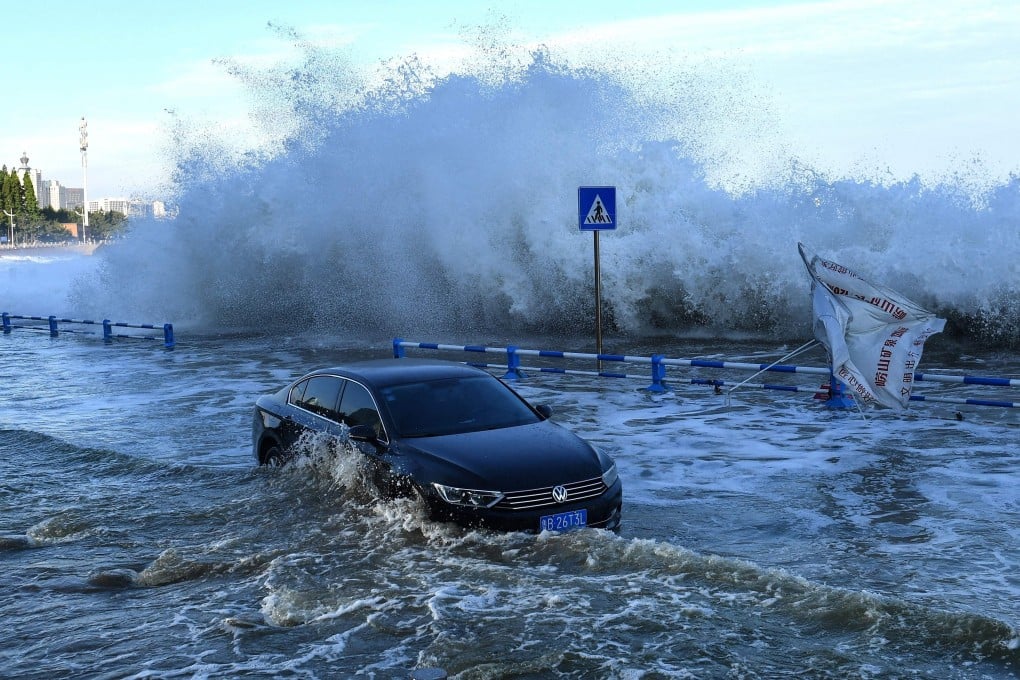Advertisement
Extreme weather, flooding puts climate change in focus
- Extreme weather including floods and heatwaves sweep the globe
- One theory is that global warming is changing the jet stream pattern, though there is not yet a consensus among scientists
2-MIN READ2-MIN
1

If anyone wants to turn a blind eye to climate change, they have no excuse to continue to do so after a series of events this month.
Scientists and the world watched in disbelief when unprecedented flooding caused by two months’ worth of rainfall in two days inundated cities and towns and killed at least 200 people in Germany and Belgium.
A few days later, it was China’s turn. From July 17, the city of Zhengzhou received a year’s worth of rain in just three days. Serious floods swept through the central province of Henan and killed at least 69 in landslides, submerged subway and cars.

03:28
Thousands of residents in central China's Xinxiang city band together to fight rising floodwaters
Thousands of residents in central China's Xinxiang city band together to fight rising floodwaters
Scientists and media reports also noted that part of India was hit by the worst storm in four decades. The United States, after a barrage of heatwaves this summer, is expecting the most extensive heatwave this week. Siberia declared an emergency as driest weather in 150 years caused raging forest fires.
Advertisement
There are different theories about how such events could happen. One theory is that global warming is changing the jet stream pattern – a narrow fast-flowing band of air that governs weather in the northern hemisphere – though there is not yet a consensus among scientists.
The Henan flooding is connected to the airflow of Typhoon In-fa, which made landfall in eastern China on Sunday after hitting an area of high pressure in the Pacific that generated heavy downpours. But Jia Xiaolong, deputy director of the National Meteorological Centre, acknowledged that climate change would make events like this more frequent and serious, according to Chinese media reports.
Advertisement
While more should be done to cut carbon emissions to slow global warming, there is an urgent need for governments around the world to take action to improve resilience against extreme weather, such as putting together emergency plans, improving governance and infrastructure building in cities as well as the countryside, and making sure officials and the public do not neglect early warnings.
Advertisement
Select Voice
Select Speed
1.00x